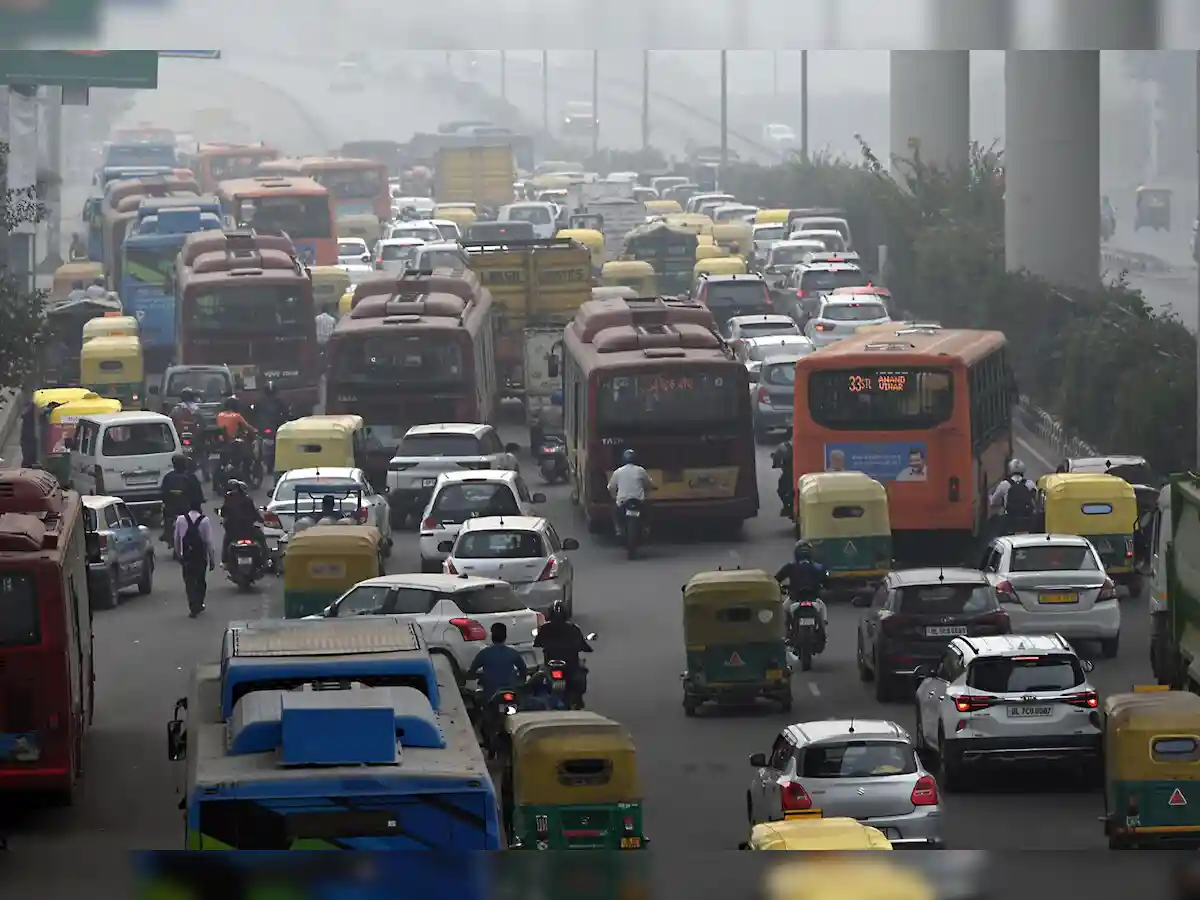The New Delhi Municipal Council (NDMC) has decided to raise parking fees in areas under its authority as a strategy to battle the city’s poor air quality by deterring private vehicle owners from utilizing personal transportation to reduce air pollution, authorities announced on Wednesday.
The civic council made the decision based on a Commission for Air Quality Management (CAQM) order, which outlines specific activities to be required to prevent further degradation of Delhi’s air quality. One of these approaches is to increase parking prices in order to reduce private mobility, they noted.
According to the ruling, NDMC parking costs (off-road/indoor) have been increased to twice the present prices for NDMC-managed parking until the Graded Response Action Plan (GRAP) is revoked at stage II. Parking fee increases will not be enforced for on-street parking and monthly passes.
The new rule raises the per-hour parking rates for four-wheelers from Rs 20 to Rs 40. Similarly, indoor parking will now be charged at Rs 20 per hour. Two-wheeler owners would now have to pay Rs 20 per hour for parking in NDMC districts, up from Rs 10 previously.
Bus parking will now cost Rs 300 per hour, up from Rs 150. The NDMC contains 152 parking spaces, comprising 113 off-road sites, three indoor sites, 39 street parking spots, and two multilevel parking lots. The decision to increase parking fees would affect users at around 116 parking spaces (both off-road and indoors).
To manage and minimize pollution sources, the NDMC, under CAQM directions, developed rules and procedures for Residents Welfare Associations (RWAs) and Market Traders Associations (MTAs) to ameliorate the air pollution crisis.
To protect public health and enhance air quality, the NDMC implemented rigorous measures such as a tight prohibition on waste burning and a Rs 5,000 fine for violators. The NDMC mandated electric heaters for security personnel to prevent the combustion of biomass, wood, or other materials. The required covering of Construction and Demolition (C&D) waste sites to reduce dust and emissions is one of the strategies to combat air pollution.
The civic agency has also provided RWAs and MTAs with e-vehicle charging stations in order to promote the use of electric and hybrid automobiles. It has also been recommended to increase green cover through tree plantation drives, as well as to maintain parks and community space.
The NDMC has also asked individuals to adhere to the Dos and Don’ts created to assist it in the proper implementation of the GRAP measures aimed at maintaining

